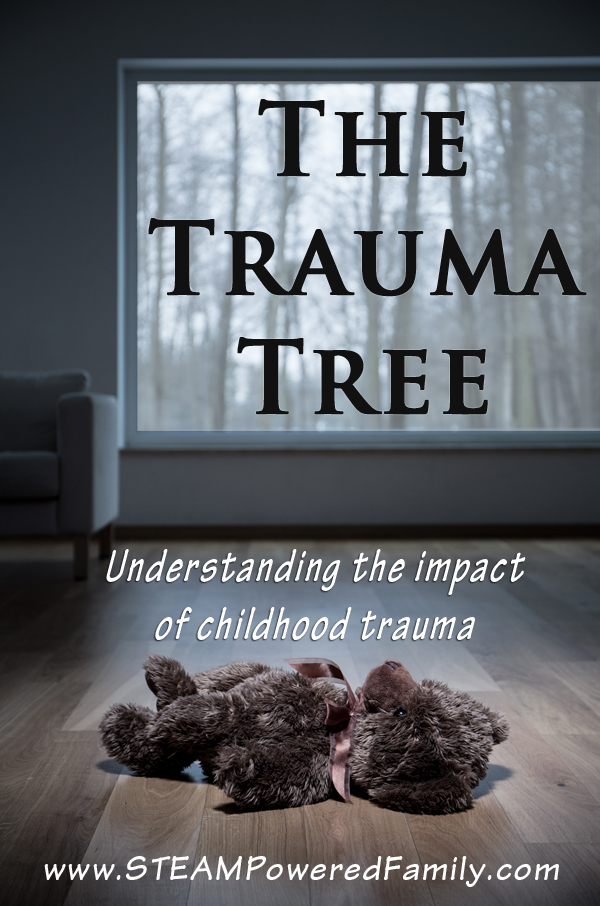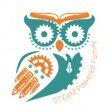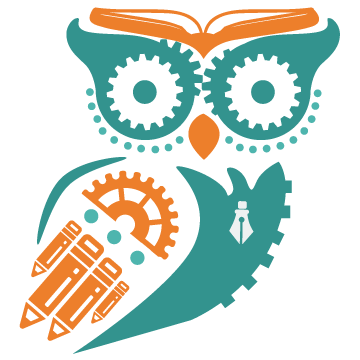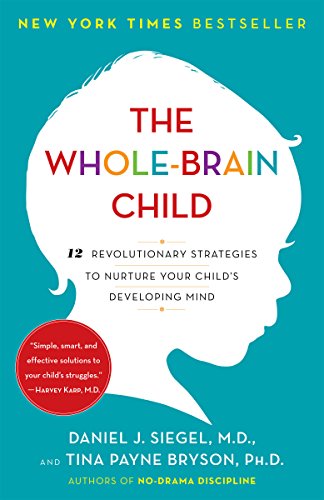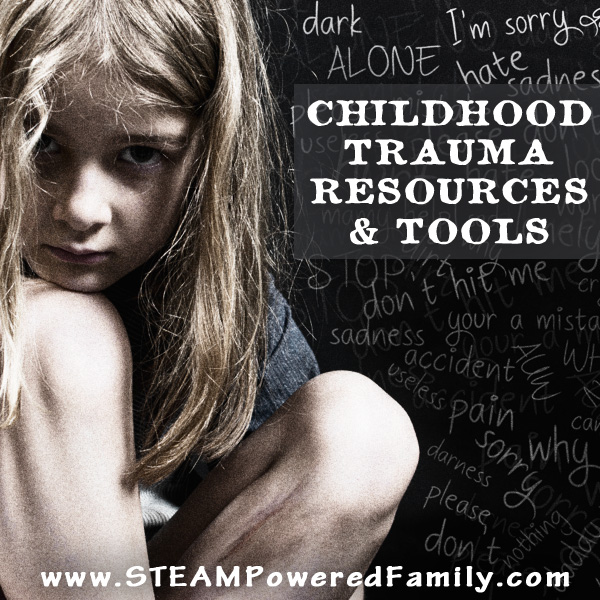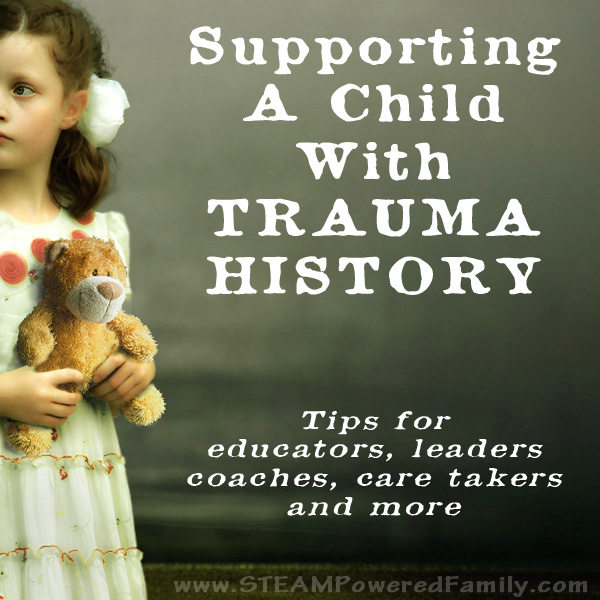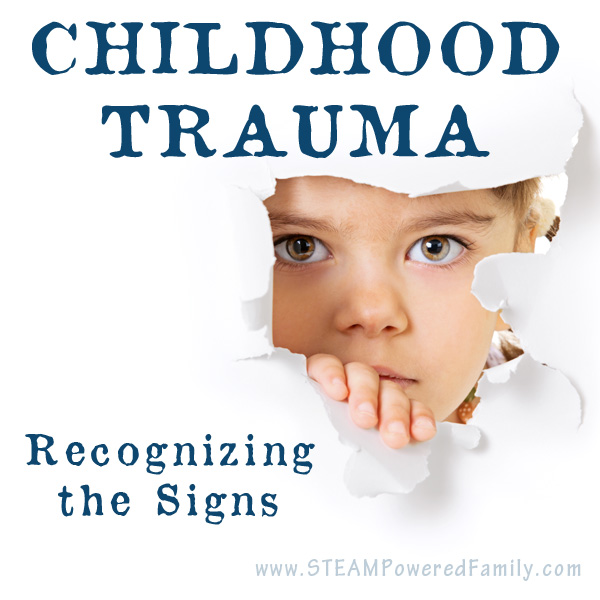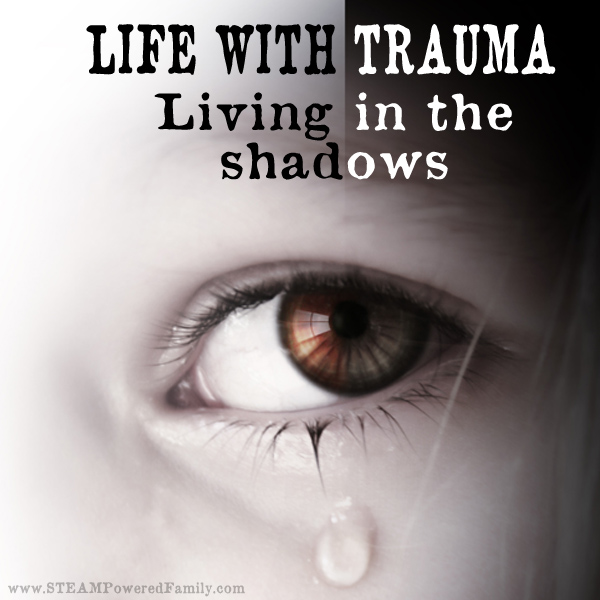The Trauma Tree – Understanding The Impact Of Childhood Trauma
Childhood trauma is often overlooked, greatly misunderstood and one of the most damaging things that can happen to a child. The effects can last a lifetime and my hope is to never hear the words, At least he was too young to remember, again.
The Trauma Tree
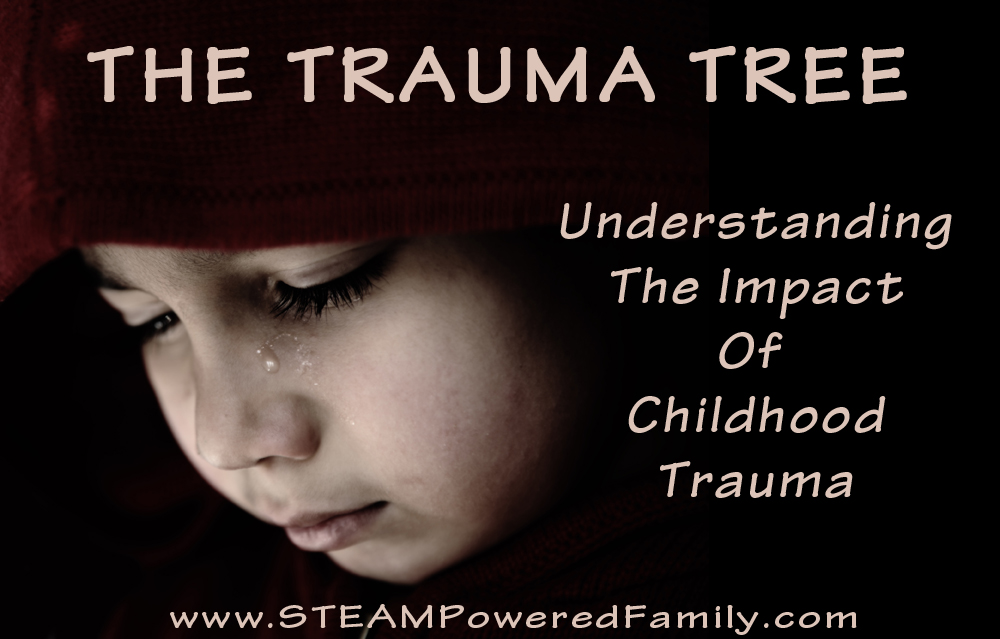
Disclaimer: This article may contain commission or affiliate links. As an Amazon Influencer I earn from qualifying purchases.
Not seeing our videos? Turn off any adblockers to ensure our video feed can be seen. Or visit our YouTube channel to see if the video has been uploaded there. We are slowly uploading our archives. Thanks!
My son has PTSD – Post Traumatic Stress Disorder.
Except he can’t have PTSD because the medical definition of PTSD requires that the cause be a remembered event. So although he suffered complex and prolonged trauma from before he was even born and through his first year of life, traumas that still affect his every moment and every breath, he can’t be diagnosed with PTSD.
There is a movement to get a new diagnosis recognized, Developmental Trauma Disorder, since in reality the issue is that PTSD or trauma experienced later in life, is different from trauma experienced while the brain is still forming. It needs it’s own definition, but as a parent trying to get help for my son, it is incredibly frustrating that so little is known about the affect of trauma on children.
Over the years, since our adoption was completed and we experienced our son’s struggles first hand, I have returned to school and my studies of the brain trying to help my son heal and grow into the amazing adult I know he is meant to be. And there is one issue that I want to bring up and that needs to change in society.
One of the most maddening things I hear is that my son was too young to remember the traumas he experienced as an infant and toddler, therefore he will be fine. This is completely and utterly wrong, in fact it is the complete opposite. Through my studies I came across a great image to explain the truth of childhood trauma and brain resiliency.
Understanding the Trauma Tree
Picture a tree with roots.
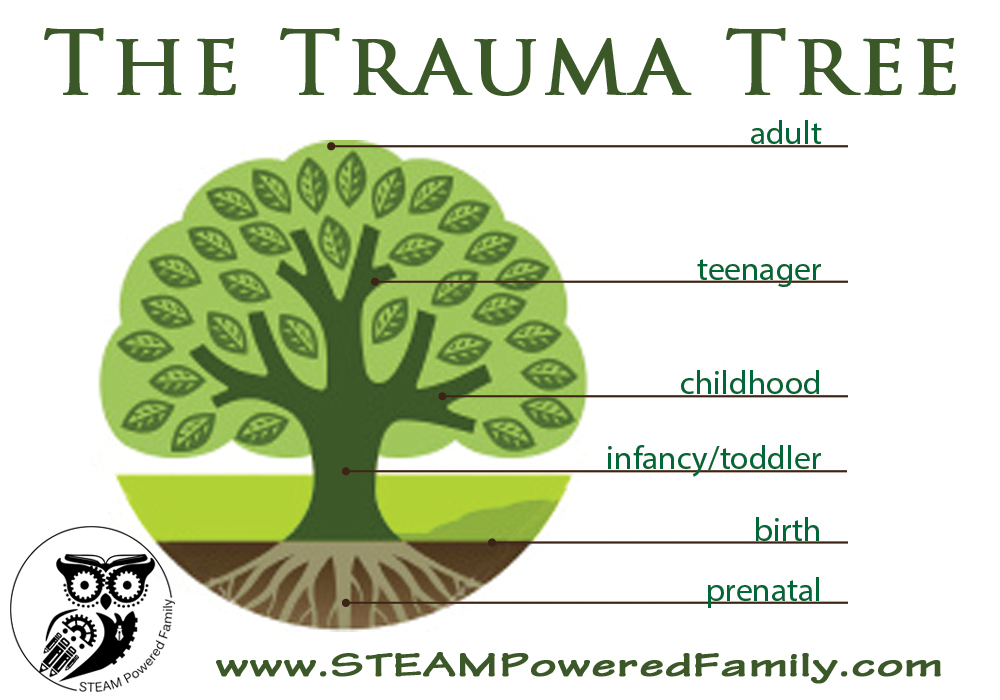
The roots represent the prenatal stage of growth, where the tree touches the ground is birth, the trunk is infancy and early childhood, lower branches are childhood, and up to adulthood at the top branches. If trauma occurs at any stage, the rest of the tree’s growth (aka, the brain’s growth) beyond that point is negatively affected. The older you are, the more life experiences and knowledge you have to cope and the less actively the brain is developing (ie. the more branches you have to compensate).
Childhood trauma is often complex and can be catastrophic, leaving a lifetime of struggles in almost all facets of life. This is significantly true of trauma exposure during the prenatal and infancy stages (roots and trunk) when the brain is at its most critical and active phases of development. The younger a person is when exposed to trauma, the higher their risk of developing trauma related disorders including learning disorders, developmental disorders, cognitive deficits, attention issues, attachment disorders, and so much more.
A young brain needs a healthy chemistry to develop properly. A brain that is developing while flooded with trauma induced chemicals (such as cortisol and adrenaline) fails to form healthy, strong connections.
Children are never too young to remember. Please don’t belittle childhood trauma as being a lesser form of trauma. The parents who are raising these children face enough struggles. It is my hope to create greater understanding in the world about the effects of trauma on a child’s brain.
Please share this wide and far so we can all work together to help these children. And please, never again say: At least they were too young to remember.
From my family and those affected by childhood trauma, thank you.
